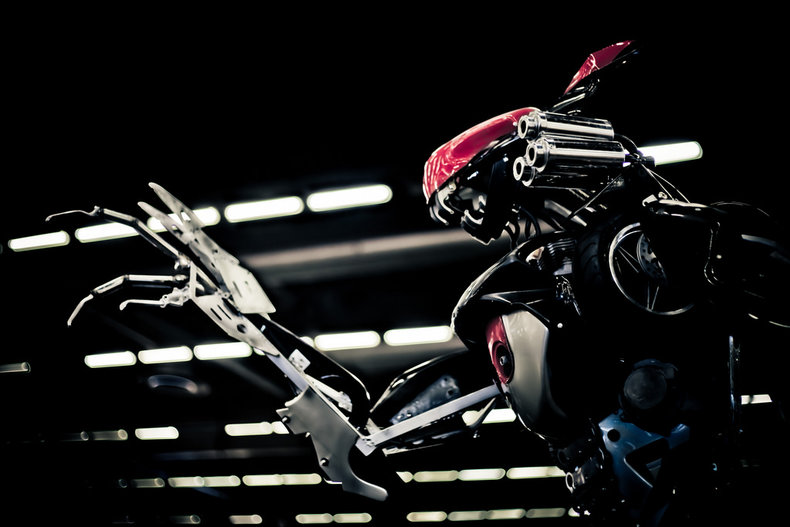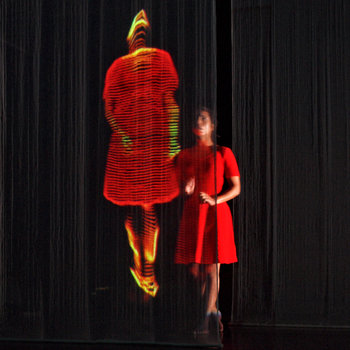|
| |
Recursive self-improvement describes software that writes its own code in repeated cycles of improvement. This is associated with artificial intelligence but isn't a standard feature of AI.Traditional AI is coded by humans but develops its own intelligence represented with statistical models such as non-linear transformations. It's able to learn but can't fundamentally change its own design to become something new. A recursive self-improving program would self-modify its own root code that was originally implemented by humans. Such an AI could theoretically develop superintelligence and aspects of consciousness such as intentionality. This is typically thought to represent an existential risk because such intelligence may develop goals that conflict with the interests of humans. There are two competing theories as to how recursive self-improvement might spark superintelligence known as a hard takeoff and soft takeoff. A hard takeoff occurs extremely quickly as each improvement makes the next improvement an order of magnitude better in an explosion of intelligence. This leaves little time for humans to prepare or adapt to the new intelligence. A soft takeoff happens at a pace similar to the evolution of a corporation, a type of entity that is also recursively self-improving.
|
Type | | Definition | Software that writes its own code in repeated cycles of improvement. | Risks | Unpredictable and unstable Potential to evolve too quickly to be controlled.
May develop intentionality and adopt negative goals such as causing damage or loss of life.Evolution of a superintelligence that represents an existential risk. | Related Concepts | |
Artificial Intelligence
This is the complete list of articles we have written about artificial intelligence.
If you enjoyed this page, please consider bookmarking Simplicable.
© 2010-2023 Simplicable. All Rights Reserved. Reproduction of materials found on this site, in any form, without explicit permission is prohibited.
View credits & copyrights or citation information for this page.
|






























